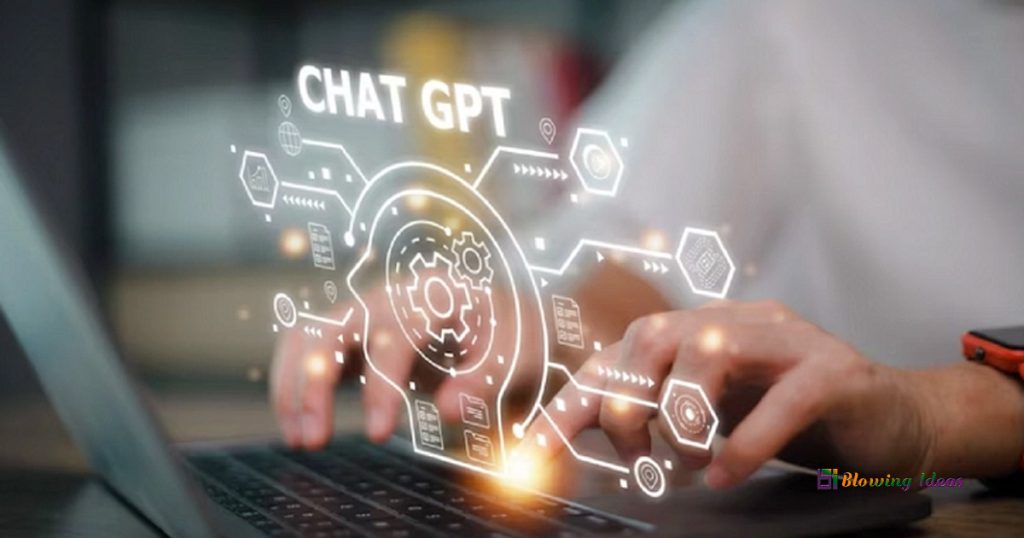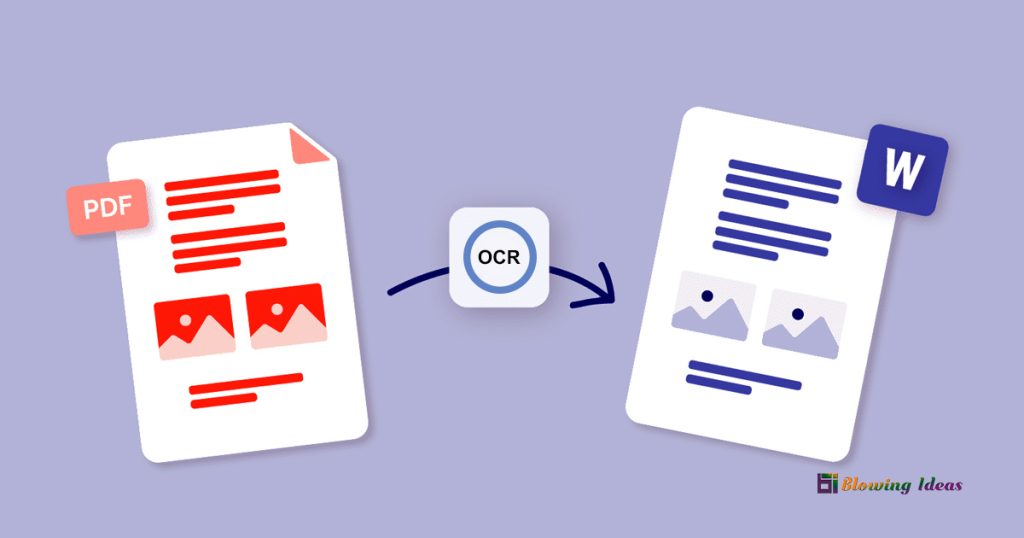ChatGPT is able to explore the internet for the latest information. After briefly deactivating the browsing feature in July, OpenAI has reinstated it to ChatGPT. ChatGPT can now search the internet for current information, according to its parent company OpenAI. The chatbot had previously been trained to use data up to September 2021, but it could not deliver real-time information.
ChatGPT is able to explore the internet for the latest information
On Wednesday, Microsoft-backed OpenAI revealed on X, formerly Twitter, that the new version allowed it to bypass the September 2021 deadline and access current internet data. The “Browse with Bing” option is now accessible to ChatGPT paid members, according to OpenAI, and “we’ll expand to all users soon.”
ChatGPT can now browse the internet to provide you with current and authoritative information, complete with direct links to sources. It is no longer limited to data before September 2021. pic.twitter.com/pyj8a9HWkB
— OpenAI (@OpenAI) September 27, 2023
Within its premium ChatGPT Plus product, OpenAI had previously tested a feature that allowed users to get the most recent information using the Bing search engine. This function was added in May but removed two months later due to concerns that it might allow users to circumvent paywalls.
The new integration functions similarly to Bard, a chatbot created and released by Google in March of this year. “What OpenAI is attempting to do is take a piece of Google’s market share,” said Alex Hanna, director of research at the Distributed AI Research Institute and former research scientist at Google’s Ethical AI.
Also Read: How to Use ChatGPT Voice to Learn a Language?
Privacy concerns
There were also privacy worries about obtaining real-time information: according to the BBC, the bot may gather up hazardous material, misinformation, and copyrighted materials online and present them to consumers. In order for the new browser plugin to work, users must enable their conversation history, which involves agreeing to share their personal data with the model.

“People are at risk of having their legal data scraped.” According to Hanna, “Research has shown that certain types of private information have been leaked through these different systems with certain types of prompts.” “We don’t know what is being leaked just because of how private these companies have kept their data sources.”
According to OpenAI, the latest functionality would allow websites to decide how ChatGPT interacts with them. According to Hanna, ChatGPT can reveal hallucinations, as well as misinformation and erroneous information.
She went on to say that AI tools and search engines perpetuate racial and gender biases, as evidenced by studies such as Safiya Noble’s book Algorithms of Oppression, which demonstrates how search engine results for queries about Black women and white women differ, exposing racism and sexism inside the algorithms.
OpenAI debuted voice and visual functionality to the chatbot earlier this week, eliciting mixed comments online. While some people were pleased with the upgrades, others were concerned that AI might become too human-like.
Some users expressed concern that the improvements will replace smaller AI firms and software engineers, while others discouraged the usage of ChatGPT, citing OpenAI’s recent litigation for violating copyright laws and infringement of intellectual property rights.
Also Read: How do AI chatbots such as ChatGPT and Bard work?



